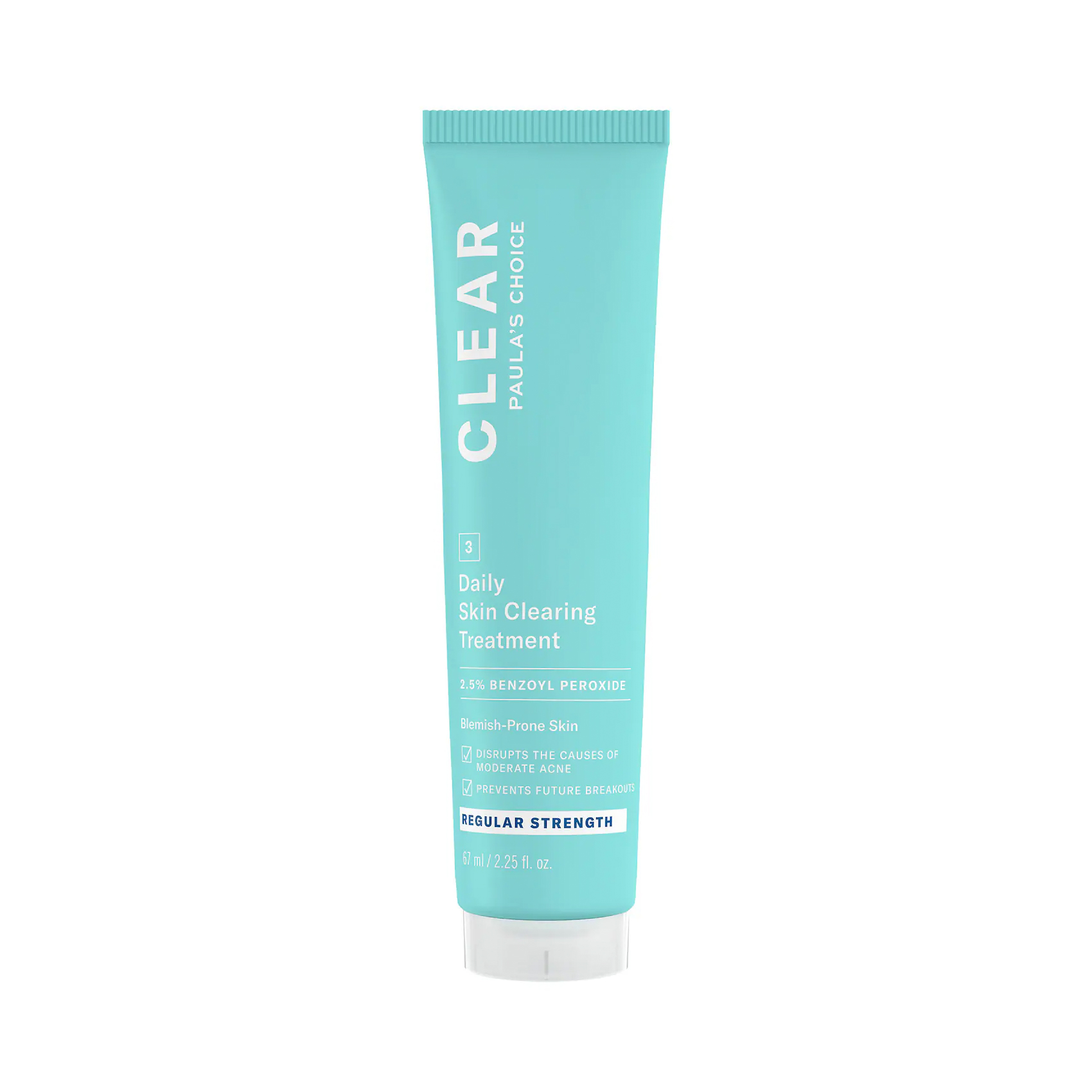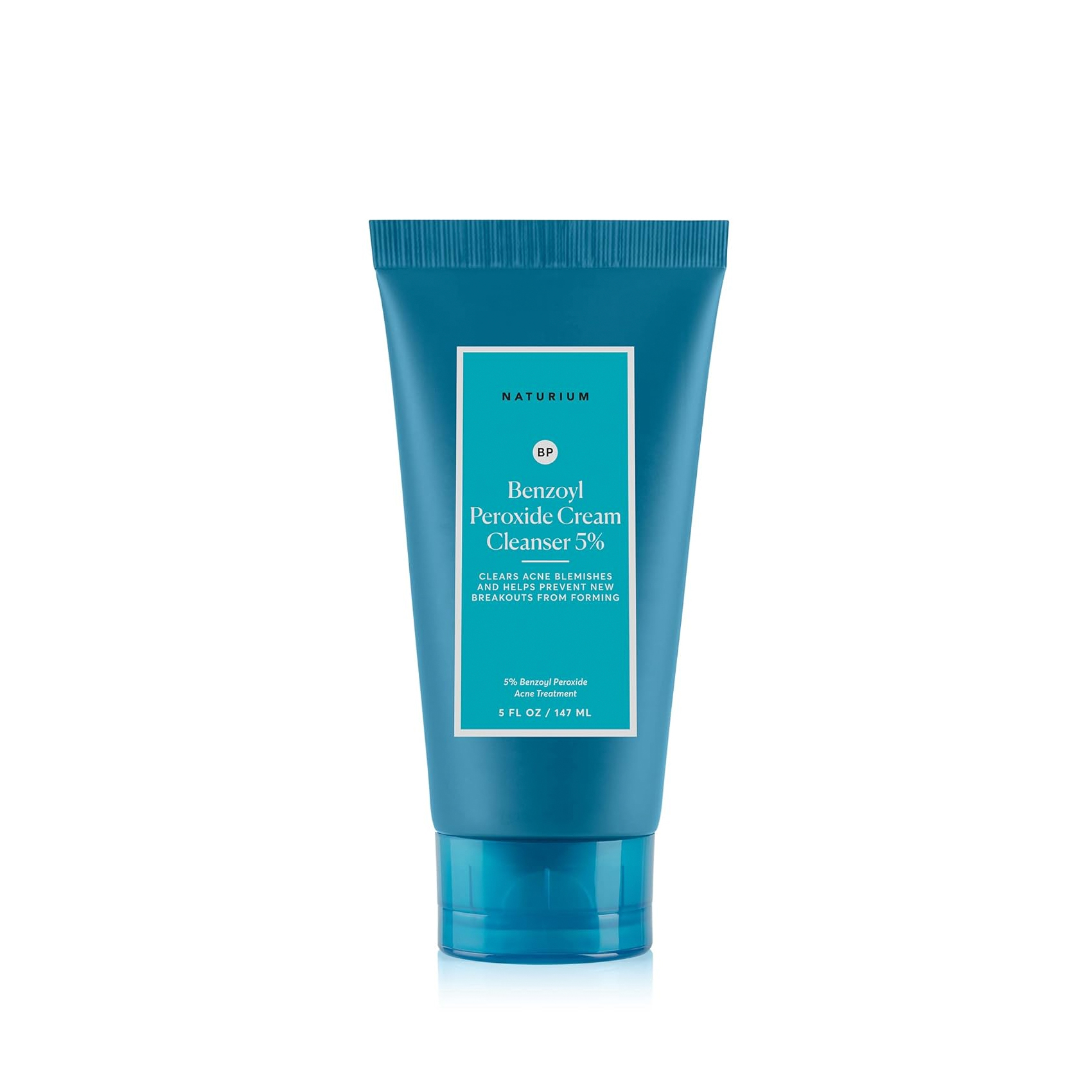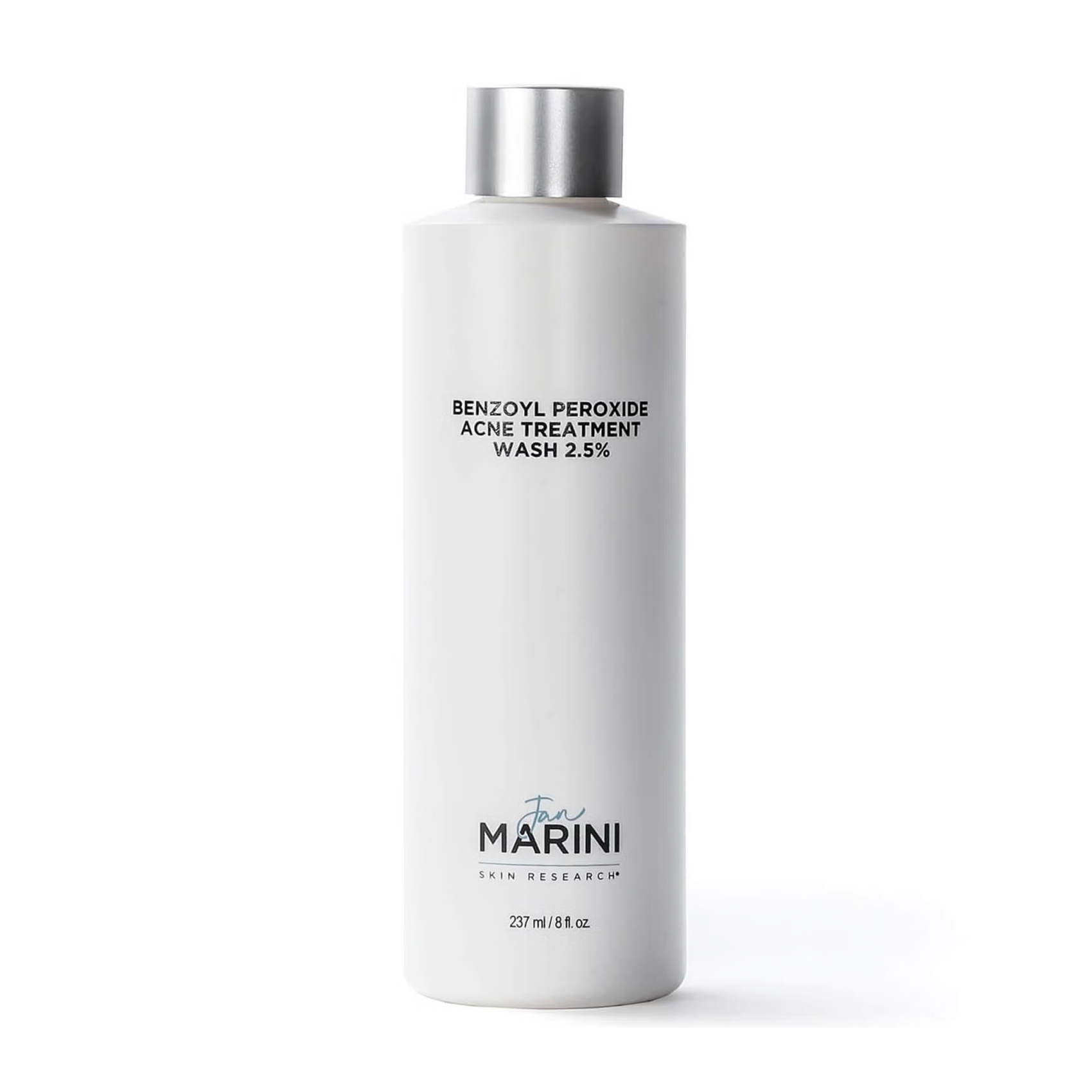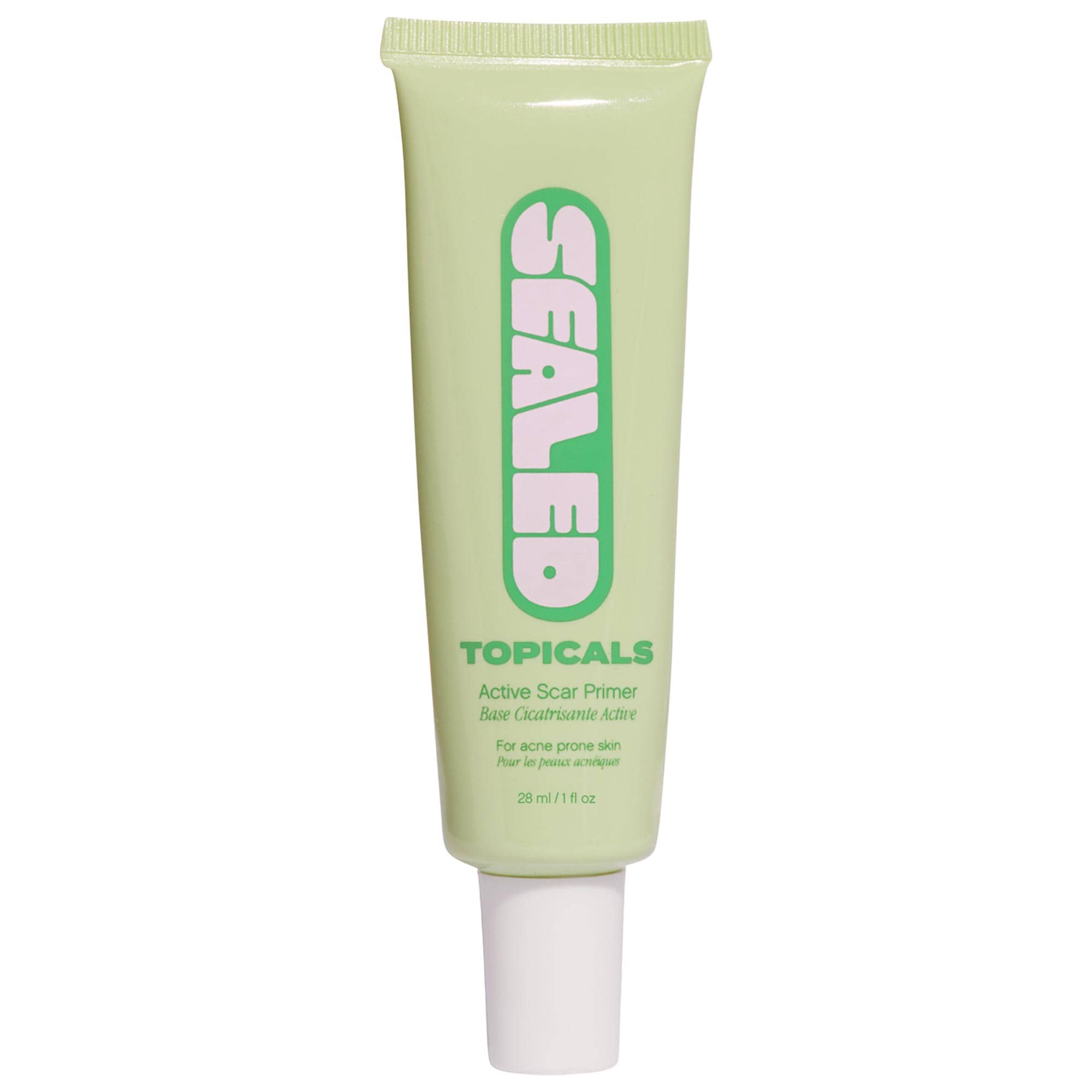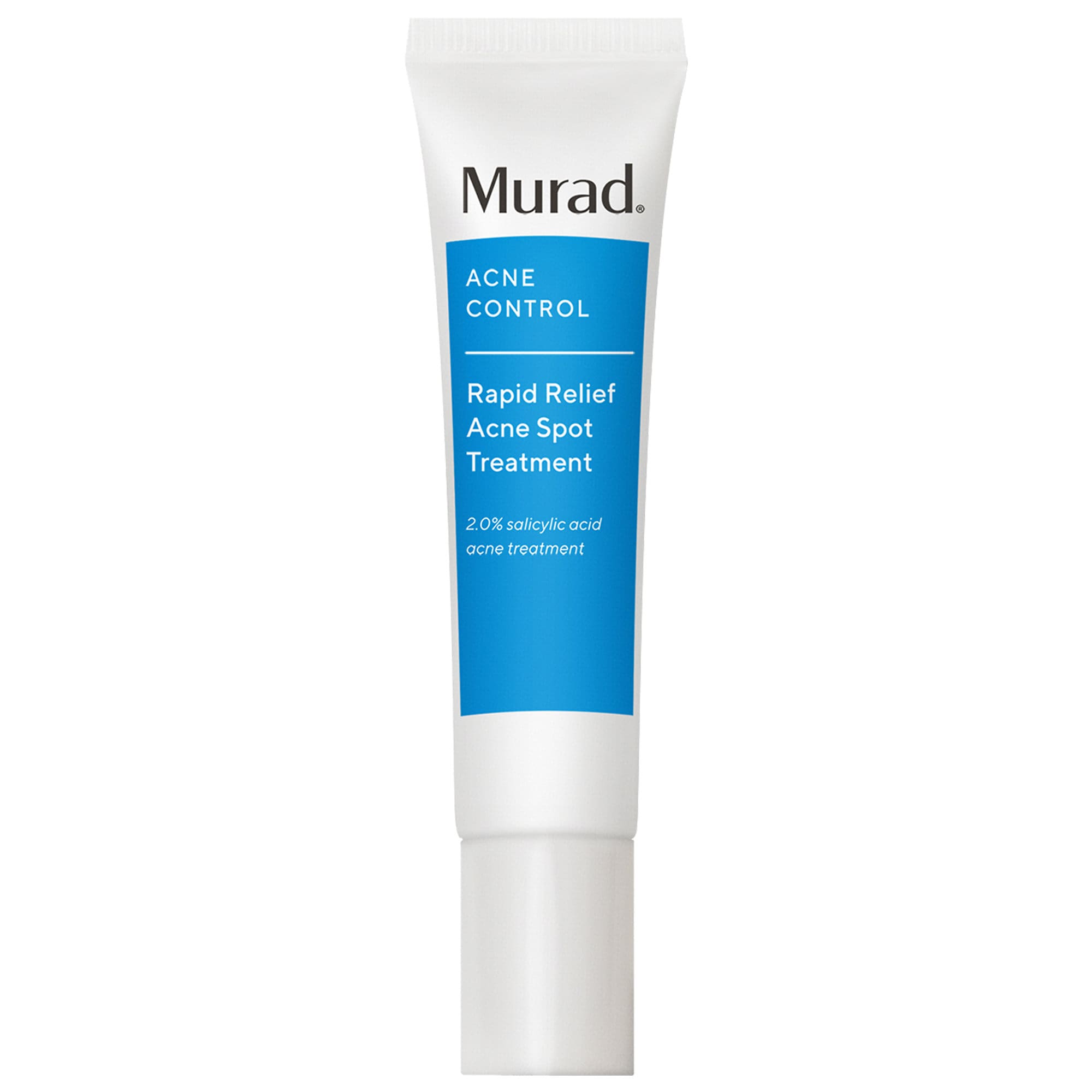Are Benzoyl Peroxide Products Really Linked to Cancer? Derms Weigh In
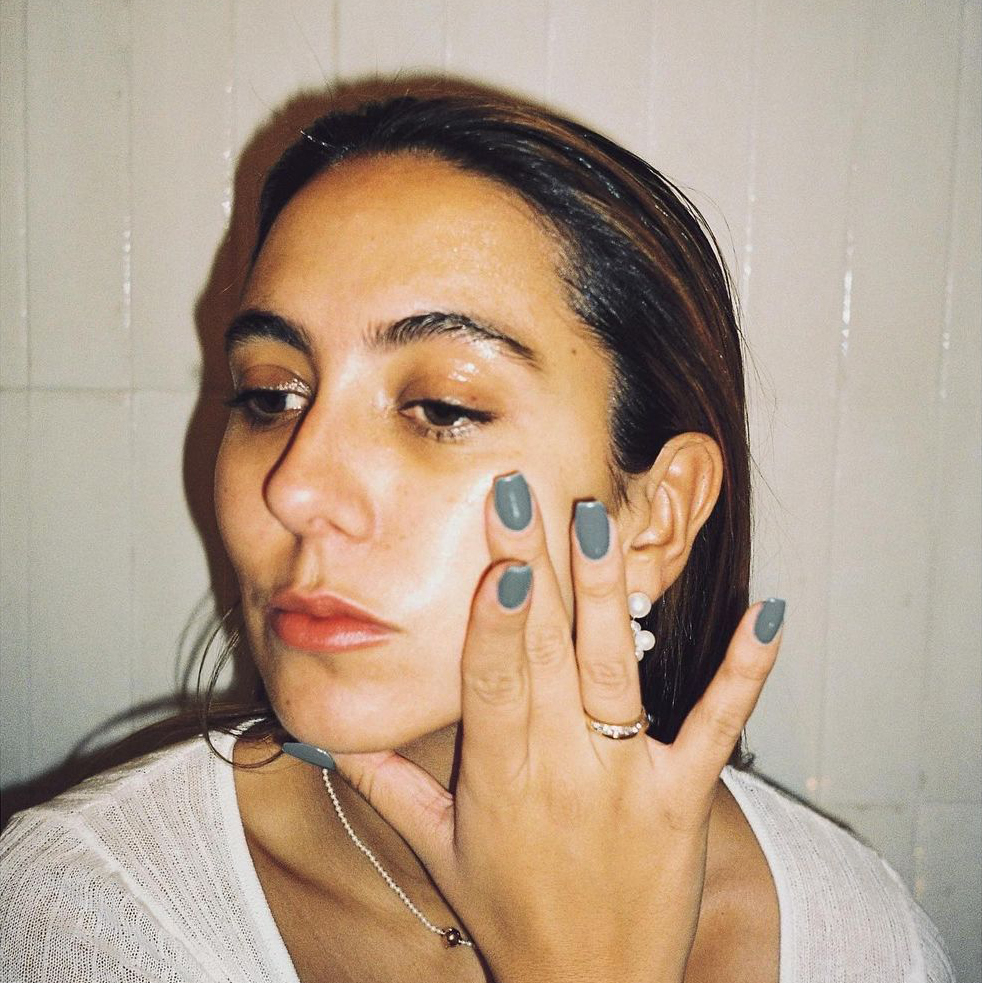
In the world of skincare, the safety of ingredients is paramount. Generally, the many products lining shelves boast formulations that are deemed safe for regular use. From algae that can soothe sensitive skin to mandelic acid that can heal acne, rigorous and lengthy testing is usually the way brands determine whether a product is dangerous or safe to use.
Benzoyl peroxide has long been hailed as a star ingredient for acne treatment, well-known for its efficacy in combating blemishes, clearing bacteria, and unclogging deeply filled pores. However, recent discussions have surfaced regarding potential cancer-causing agents lurking within these beloved skincare formulations, specifically an ingredient called benzene. And if a benzene-containing product has expired or is held in an unstable environment, said risk supposedly increases.
We asked three dermatologists to discuss the most recent research surrounding benzene and whether or not the findings are cause for concern. Keep scrolling for some clarity on benzoyl peroxide's safety profile, plus some helpful insights into the potential risks associated with its usage.
What is benzoyl peroxide?
"Benzoyl peroxide works by killing the bacteria on the skin that contribute to acne and by removing excess oil and dead skin cells," states Sheila Malek Kassir, MD, co-founder of Kassir Plastic Surgery and Inside Beauty spa. Benzoyl peroxide has been a staple acne treatment for decades and is widely available in various skincare formulations.
What new research is causing concern about potential cancer-causing ingredients in benzoyl peroxide?
"Recently, a third-party lab called Valisure tested many benzoyl peroxide–containing products for stability. They found that over time, benzoyl peroxide, which is an unstable ingredient, spontaneously breaks down into benzene, which is a known cancer-causing agent," explains Karan Lal, DO, FAAD, double-board-certified dermatologist and pediatric dermatologist with Affiliated Dermatology. "Essentially, the level of benzene found that leaked from benzoyl peroxide–containing products was greater than what is normally accepted as safe and was especially high when said products were subjected to significantly higher than normal temperatures."
For Lal, benzoyl peroxide is a staple ingredient in the treatment regimen he prescribes for patients with acne and rosacea. Lal also says that benzene is not easily absorbed by the skin, and the link between skin use of benzoyl peroxide has not been established.
What is benzene?
Benzene is a chemical that can be man-made or formed naturally. "The CDC says benzene found in gasoline, furniture wax, and cigarette smoke are some of the major points of exposure people encounter in their day-to-day life," says Elizabeth Bahar Houshmand, MD. "According to the company Valisure, an independent lab, on-market benzoyl peroxide products can form over 800 times the conditionally restricted FDA concentration limit—two parts per million—for benzene, and the current evidence suggests that this applies broadly to many of the benzoyl peroxide products currently on the market." As mentioned above, Valisure also found that the amount of benzene increased when products were exposed to high temperatures for stability testing.
Do dermatologists agree with these claims?
"I don't disagree with these claims. I do believe benzoyl peroxide is, in fact, unstable and, under circumstances such as high temperatures, does break down into benzene," says Lal. At this time, Lal states that benzoyl peroxide is safe and tolerable when used prior to expiration and is kept at room temperature. "Small amounts of benzene may leak from bottles even in normal temperatures, but we come into contact with benzene every day outside in pollutants, and I don't believe cutaneous use is something to be super worried about at this time." His recommendation for worried patients? Keep your products in cool, dark environments, and use them before they expire. For those who are still concerned, opt for other known acne-fighting ingredients like sulfur and salicylic acid within your skincare regimen.
Is it safe to keep using benzoyl peroxide?
"I would recommend speaking to your dermatologist with regard to use of over-the-counter products. Your overall health history is always critical to understand what skin products are best for you and your skin type," says Houshmand. If you have been using benzoyl peroxide–containing products that are over the counter according to the recommended usage, there is no cause for panic, but it is always best to speak with your doctor about the specific products you are using. "If you are taking a prescription benzoyl peroxide product for acne, make sure to speak with your doctor as well."
For Kassir, as long as benzoyl peroxide is used and stored as directed, it's still safe to use at this time. It's important to monitor the guidelines and watch out for any updates.
Benzoyl peroxide products we recommend:
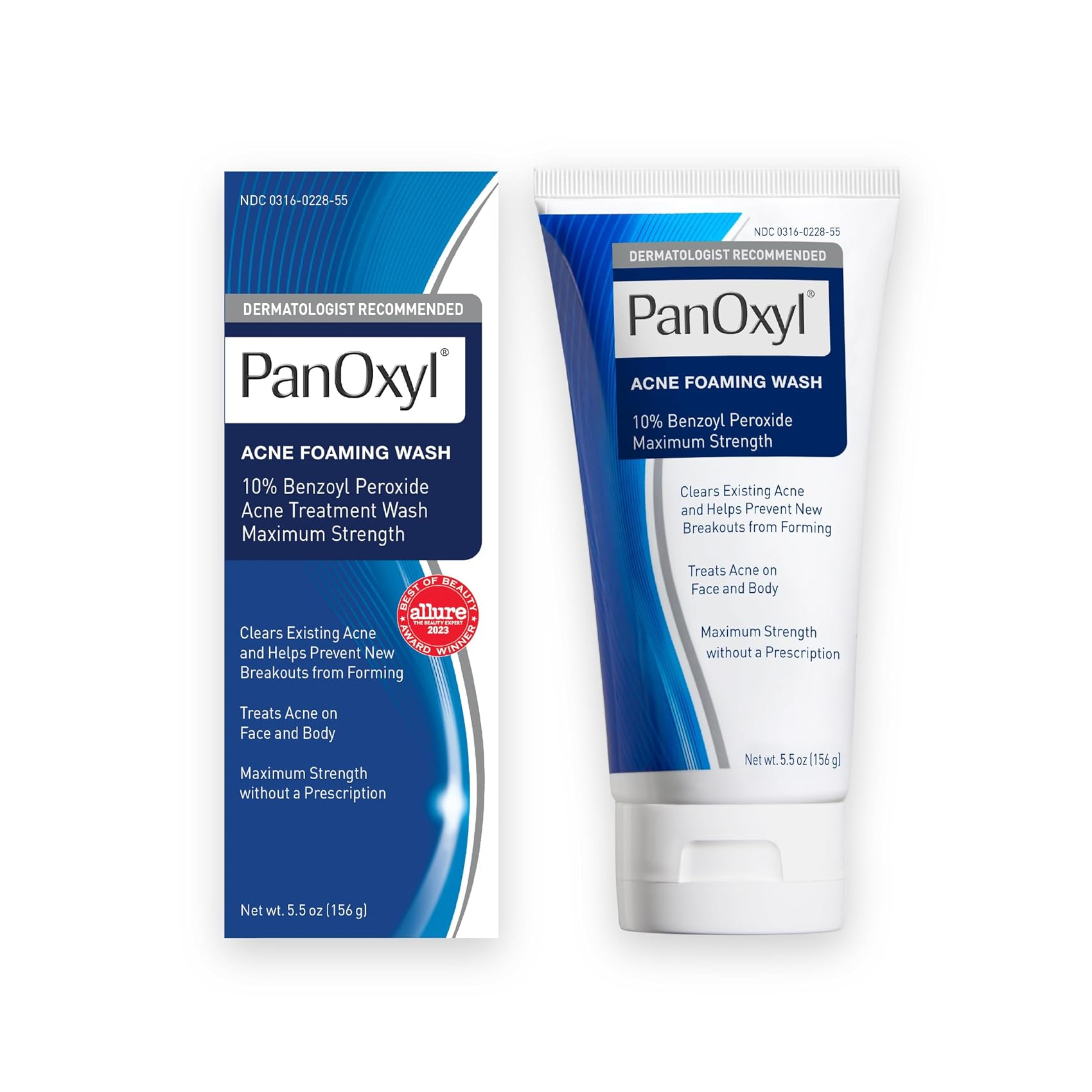
This maximum-strength antimicrobial cleanser is recommended by dermatologists far and wide for its powerful acne-fighting properties. It can be used on both the face and body and helps to clean and de-clog pores, eliminate existing acne, and prevent new zits from forming.
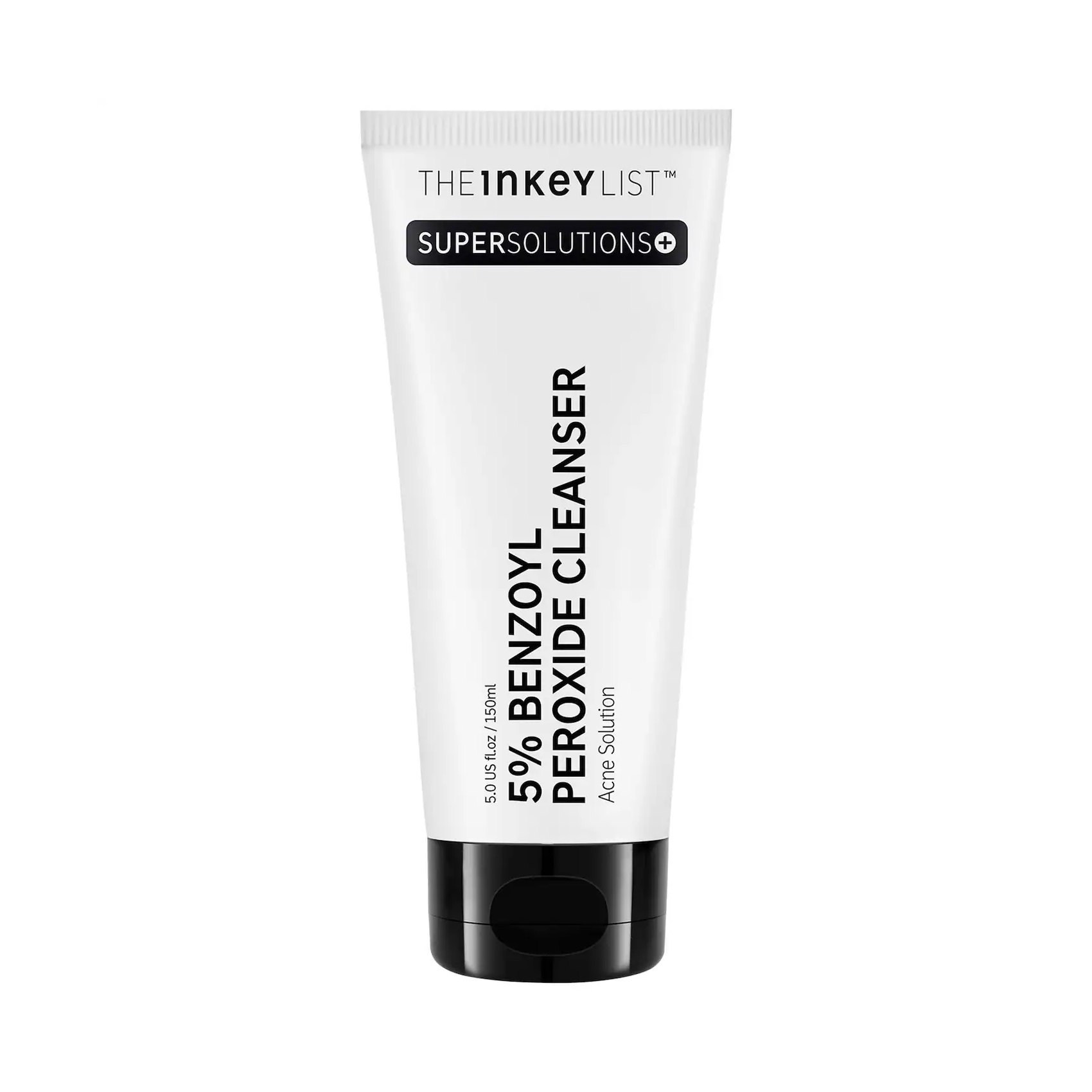
Made for all skin types, this medical-grade, non-drying cleanser is the perfect first step in any acne-fighting routine. The addition of glycerin helps to combat any dryness from the benzoyl peroxide, and hyaluronic acid keeps the skin moisturized.
Benzoyl peroxide–free acne products to try:
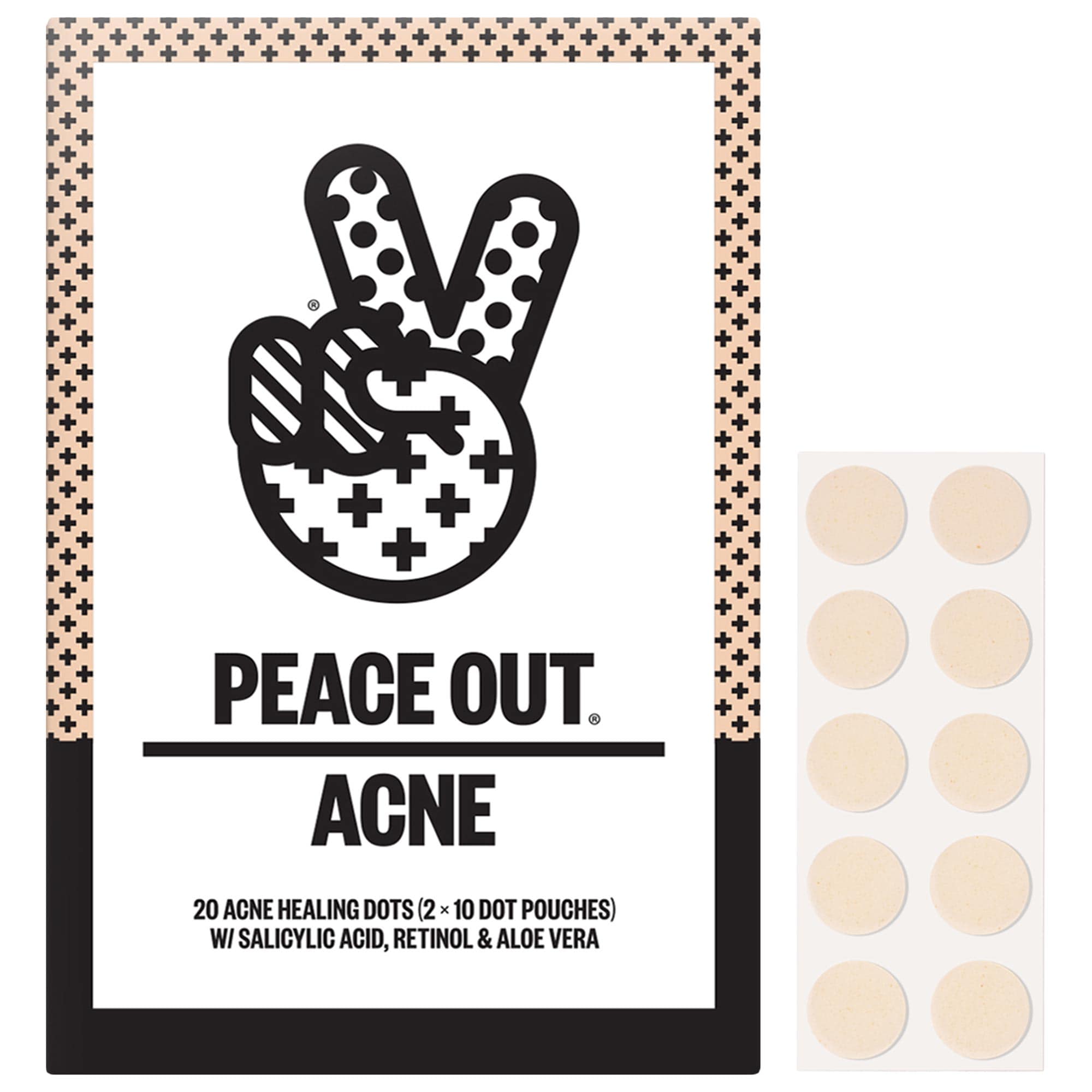
Hydrocolloid polymer technology and powerful actives work in unison to minimize the appearance of blemishes overnight. Each patch is infused with encapsulated salicylic acid for deep pore targeting, retinol for clear-looking skin, and aloe vera leaf extract to soothe redness.
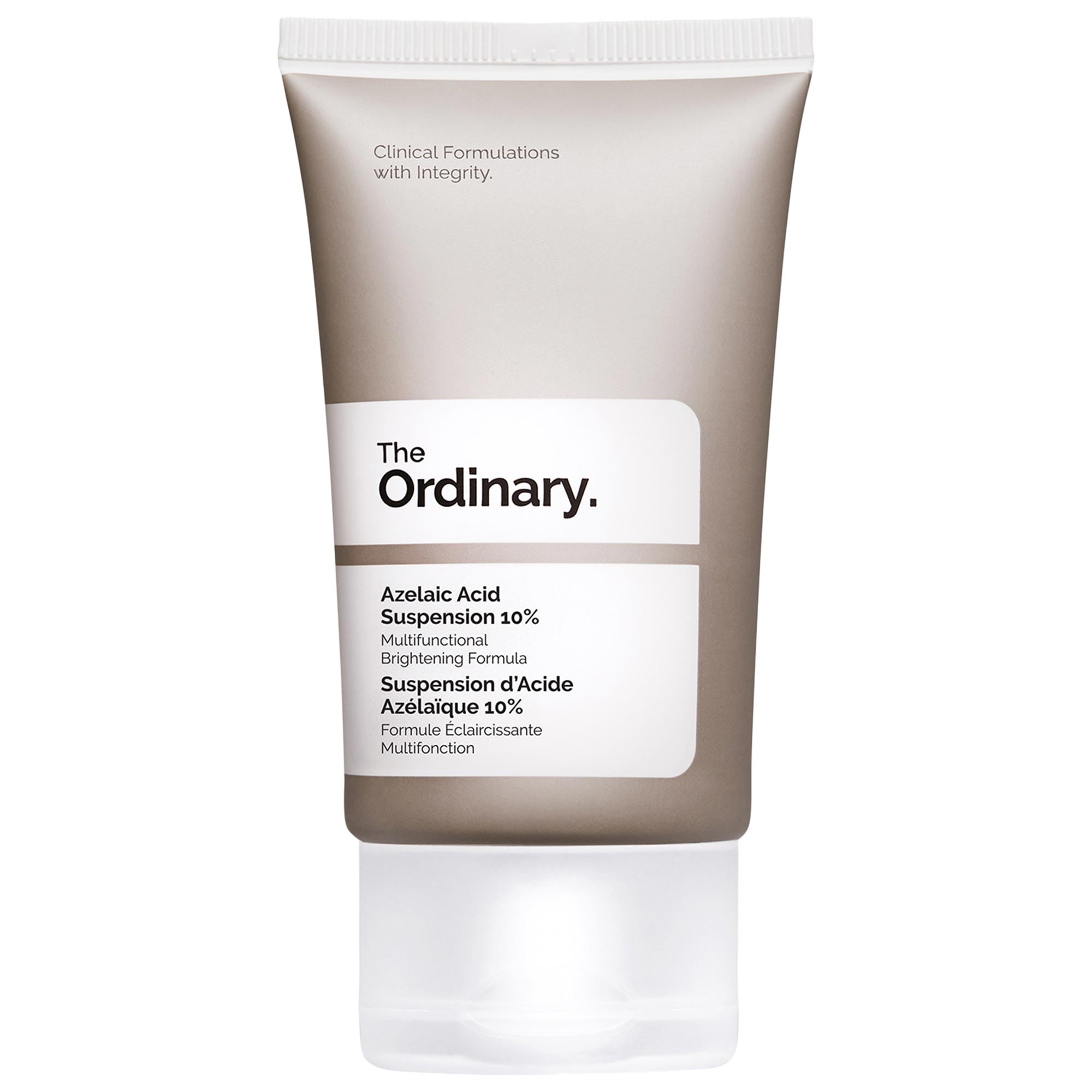
If you still want to avoid benzoyl peroxide, you could try azelaic acid, an antioxidant-rich compound known for its ability to even out skin tone, reduce blemishes, and provide antioxidant support for a glowing complexion. This one from The Ordinary is great for all skin types and promises an extra-radiant complexion.
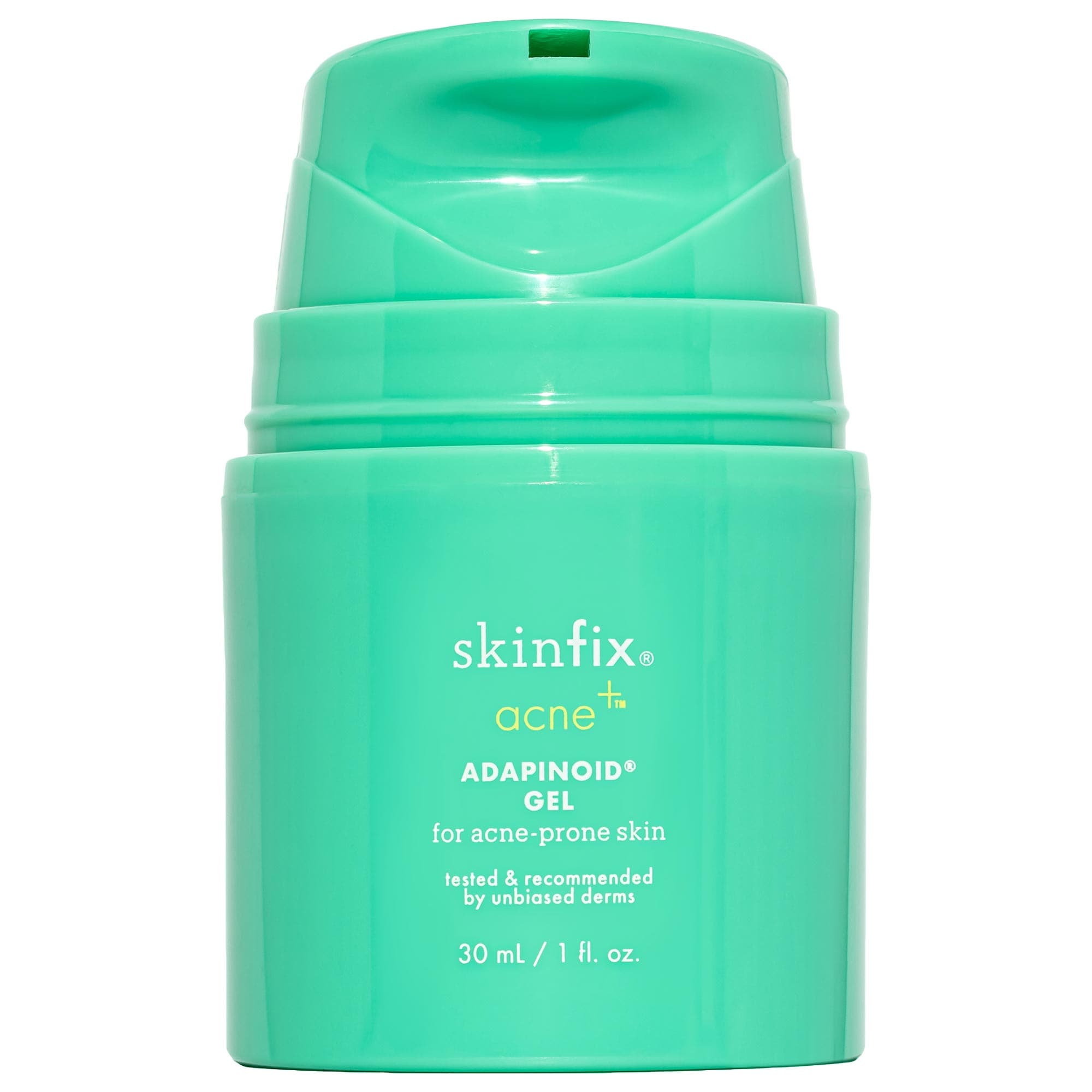
Proven to reduce blemishes while restoring skin-barrier health, this game-changing gel is great for combination and oily skin, in particular. Infused with 0.16% Adapinoid to target blemishes and 2% niacinamide for oil absorption and redness reduction, it's gentle enough to use on acne-prone skin.
